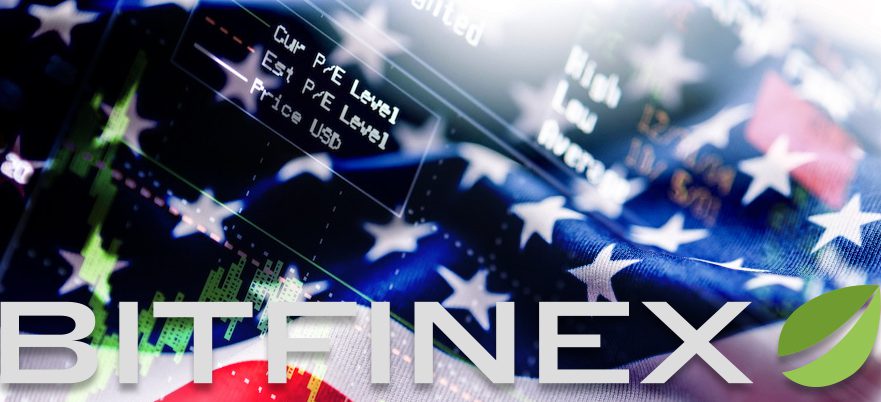|
Getting your Trinity Audio player ready...
|
Digital currency exchange Bitfinex is bidding farewell to its U.S. customers.
In a blog post, Bitfinex confirmed that it will start terminating “trading, deposits and withdrawal functionality” for all U.S.-based customers, effective Nov. 9, 2017. Monday’s announcement was a follow-up to Bitfinex’s statement in August, when the company declared it will suspend all new requests for account verification from U.S. individual users.
“U.S. customers are already barred from receiving financing from other users on Bitfinex’s peer-to-peer financing platform. This restriction will remain and, in addition, U.S. individual customers will no longer be able to provide financing on Bitfinex effective November 9, 2017,” the exchange said.
The company also urged all of its U.S.-based customers to withdraw their digital tokens before the deadline. Meanwhile, those holing Recovery Right Tokens (RRTs) are advised to sell their tokens on the exchange starting October 27, 2017.
RRTs were given to Bitfinex BFX token holders who “have converted their BFX tokens to shares of iFinex.” The BFX token is a cryptographic token created by Bitfinex to credit its customers following the August 2016 security breach that resulted in the company losing more than $61 million worth of Bitcoin.
Bitfinex’s full U.S. exit has been on the cards for some time. In August, the company announced that it would be pulling away from the U.S. retail marketplace, citing a regulatory landscape that’s bound to become “even more challenging in the future” among its reasons.
The exchange said it has “for some time considered pulling away from the retail marketplace in the U.S.” given that “a surprisingly small percentage of our revenues come from verified U.S. individual accounts while a dramatically outsized portion of our resources goes into servicing the needs of U.S. individuals, including support, legal and regulatory.”
Even before it decided to completely leave the U.S. market, Bitfinex has already stopped servicing select areas in the country, such as in the Washington State, where the exchange was required by the Washington State Department of Financial Institutions (DFI) to obtain a state money transfer license before it can offer its platform services to state residents.

 03-03-2026
03-03-2026 




